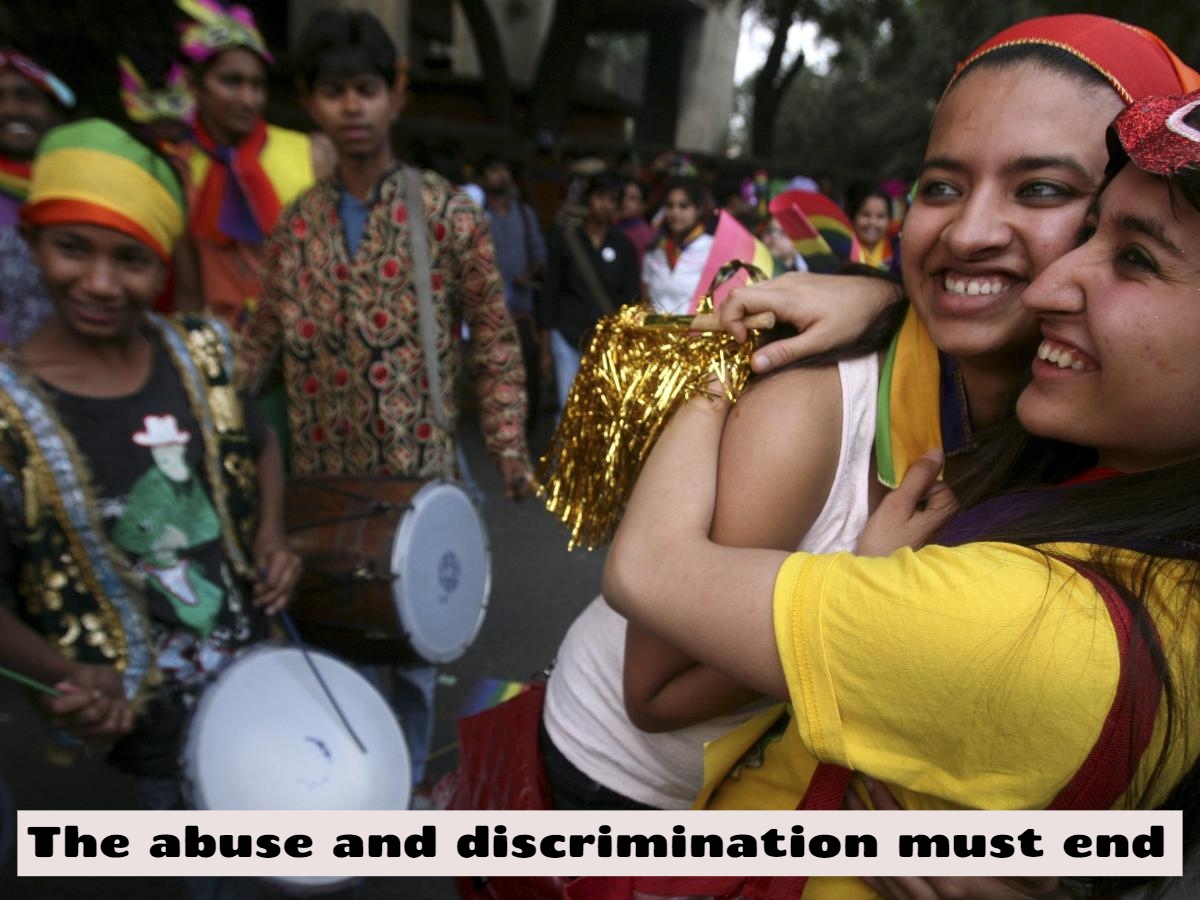

By Sunil Garodia
First publised on 2021-06-11 04:45:51
Justice N Anand Venkatesh of the Madras High Court has set a tough example for his peers. To decide a case, he came out of his comfort zone and learned about the subject at hand from experts and the people who were the subject matter of the case - the LGBTQIA community. In the process he found out the prejudices and the misconceptions that are harboured, mainly due to ignorance, to perpetuate the discrimination against the community. At the end of it all, he was compelled to say that "ignorance is no justification for normalizing any form of discrimination."
The case before the bench was about a lesbian couple who had fled from Madurai to Chennai to escape persecution and applied for protection from police action after the women's parents filed a complaint as they were ashamed of the sexual identities of their daughters. The court asked the police to close the case and issued a directive that they should close all such complaints against LGBTQIA couples in consensual adult relationship.
The bench went on to issue guidelines for action to be taken is such cases. It barred the use of bogus therapy to try and change the sexual orientation of people. It directed the state to provide shelter to transpersons at anganwadis and short-stay homes and organize awareness programmes for all sections of society, including parents, judges, law enforcers, prison officials and teachers. It asked for changes in school and college curricula, gender-neutral washrooms and training health workers to accept gender non-conforming children without mockery. In doing so, the court laid out an ambitious blueprint for inclusion. The court said that it expected the authorities to implement these guidelines "not for the sake of complying with a judicial fiat but to ensure that this society evolves, and the LGBTQIA+ community is not pushed out of the mainstream."
There is no doubt that the LGBTQIA community is heavily discriminated against in Indian society even after Section 377, the colonial-era law that criminalized homosexuality, was read down by the Supreme Court in 2018. The abuse and discrimination takes many forms. The bench has done well to highlight the issue and it is hoped that the guidelines will change the way the judiciary and law enforcers handle cases involving the community. But for a wider change and acceptance, society will have to shed its prejudices and recognize that neither is a different sexual orientation a 'curse' nor is it a 'disease' that can be cured. It is as normal as being heterosexual and should be accepted and respected.











